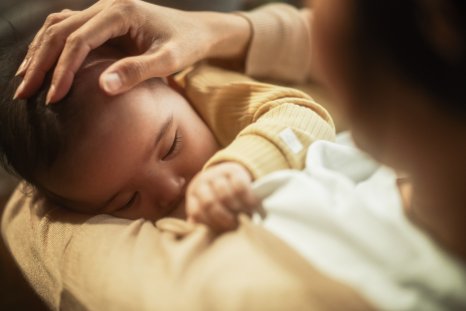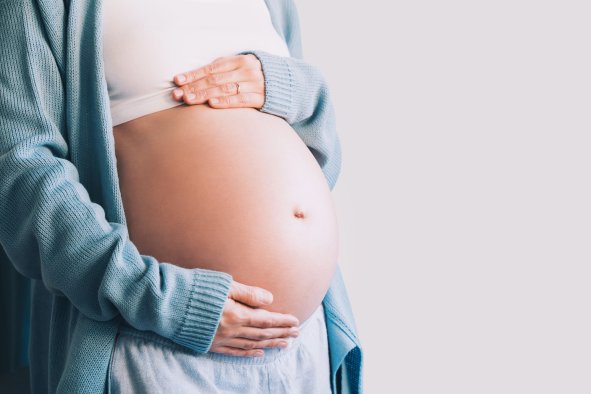U.S. households will soon be eligible to order four free COVID-19 testing kits at the end of this month, the Department of Health and Human Services (HHS) announced.
The tests will be available on the HHS's website, under the Administration for Strategic Preparedness & Response, and will be able to detect the dominant variants currently circulating in the U.S., including KP.3.1.1, which makes up more than half of all U.S. COVID-19 cases.
The exact date for this dissemination has not yet been confirmed.
After a surge in COVID-19 cases this summer, infection rates do seem to be on the decline. Positive tests now account for 14.9 percent of all COVID tests (excluding at-home testing) in the U.S., down 1.6 percent from the previous week. However, cases still remain high in some Southern and central states, and a winter spike in infections is also expected.
The COVIDtests.gov program has distributed over 900 million tests directly to American households, the HHS reports, although free at-home test kits are currently unavailable on their website.
At-home test kits are also available to buy at retailers and pharmacies across the country, while thousands of low- or no-cost COVID-19 test sites are available on request from your local Health Resources and Services Administration-funded health center or an Increasing Community Access to Testing (ICATT) facility near you.
The free tests issued by the program will be viable at least through to the end of the year, with many at-home COVID tests having extended expiration dates. However, it is always important to check whether your tests have expired before relying on them for your results.
If your test is positive, the U.S. Centers for Disease Control and Prevention recommends that you stay at home and away from others, including people you live with who are not sick. This should also be the case if you display any flu-like symptoms, including fever, chills, fatigue, a cough, headache or runny nose.
When you have not had a fever for over 24 hours and your symptoms are improving overall you can resume normal activities, although you should still take added precautions over the next five days in case you are still infectious. These include keeping areas well-ventilated, attention to hygiene, masks, and physical distancing.
If you test positive and are at risk of more severe illness—for example, if you are aged over 50, have a weakened immune system, or other health conditions), talk to a doctor as soon as possible about potential treatment options. At-home test results can also be submitted to MakeMyTestCount.org.
Is there a health problem that's worrying you? Do you have a question about coronavirus? Let us know via health@newsweek.com. We can ask experts for advice, and your story could be featured in Newsweek.
Disclaimer: The copyright of this article belongs to the original author. Reposting this article is solely for the purpose of information dissemination and does not constitute any investment advice. If there is any infringement, please contact us immediately. We will make corrections or deletions as necessary. Thank you.



